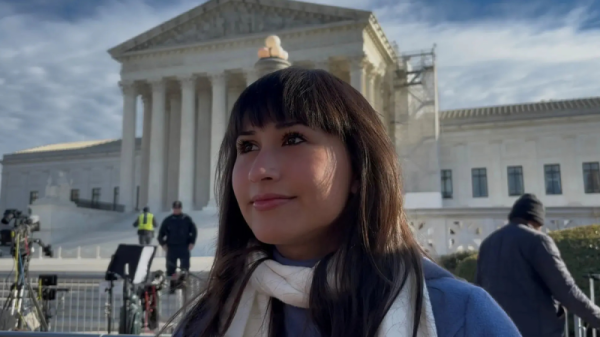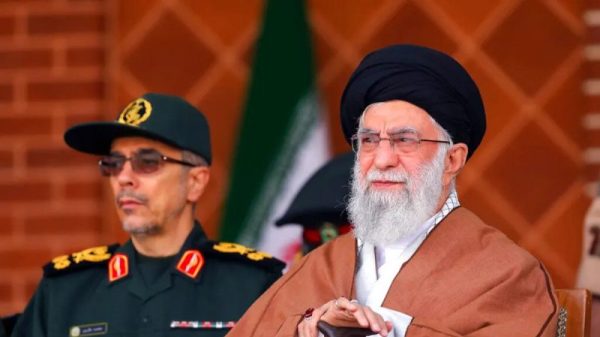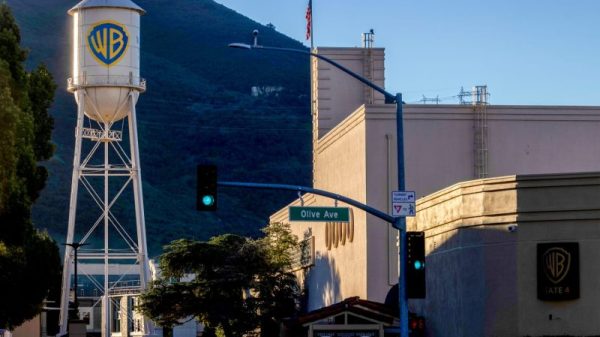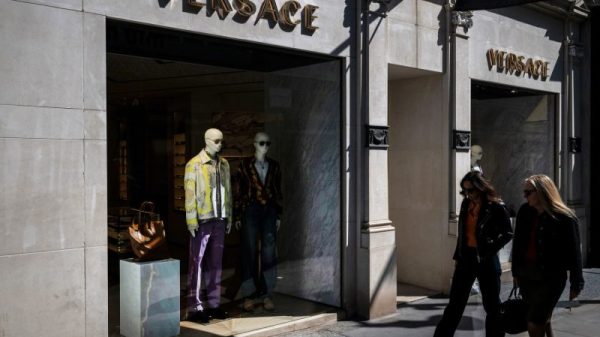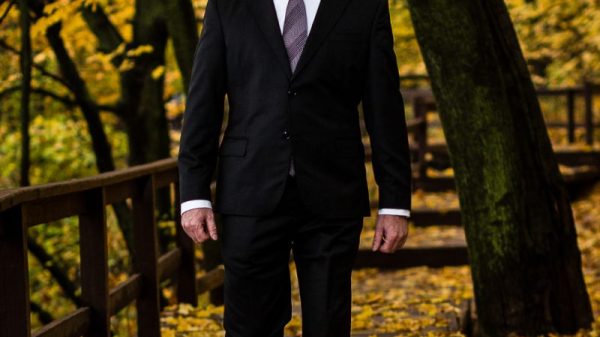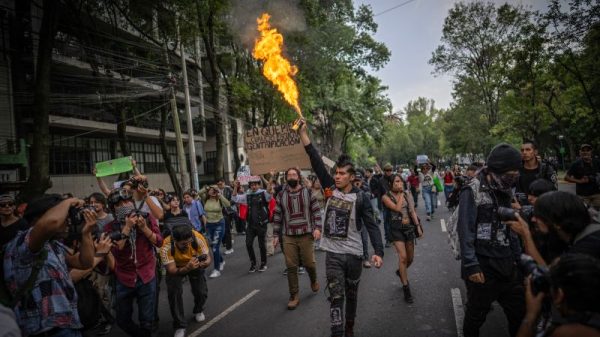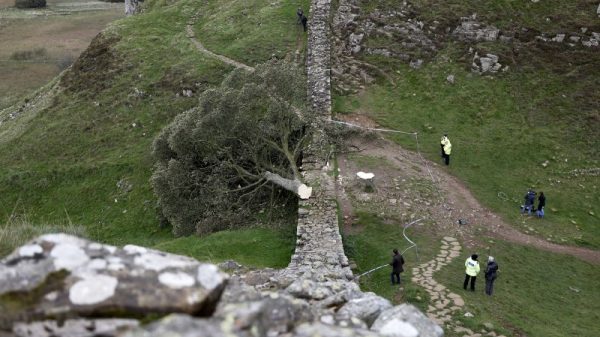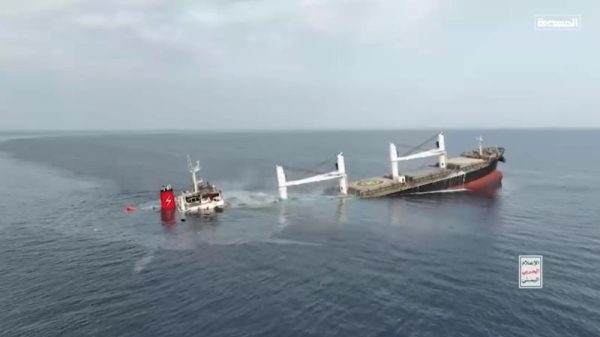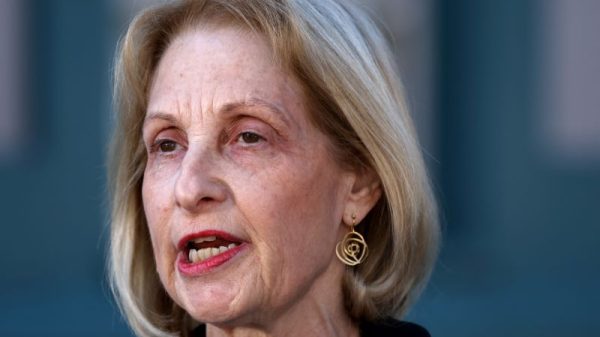My wife woke me up early on Saturday, October 7, saying there were sounds of rocket fire outside. I went up to the roof of our house and saw a barrage of projectiles being fired from the Gaza Strip into Israel.
My two children – Zeid, 10, and Khalil, 7— followed me to the roof. There’s likely no school today, Khalil said.
I asked my pregnant wife Rasha and the kids not to leave the house. Soon after, Israel began its bombardment campaign over Gaza, retaliating against Hamas’ rockets and deadly assault that day.
And therein begins the story of my displacement. As Israeli airstrikes battered the enclave, my manager in Jerusalem and I decided that I should move with my family to the Ayan hotel in the Al-Mashtal neighborhood by the coast, a sturdy building that would likely withstand shelling and shrapnel, and which has a basement that is often used as a makeshift bomb shelter. Gaza does not have bomb shelters for civilians.
There, my family and I slept and awoke to the sound of explosions for days. The area was being increasingly targeted by Israeli airstrikes.
We stayed there until October 12, when we decided to move to my sister’s house on Al-Jalaa Street. Missiles began raining down on residential towers near the hotel the second I left.
But we stayed at my sister’s house for only one night. The next morning, Israel called on all citizens in the Strip’s north – where we were – to evacuate southwards. I found a car and headed towards Khan Younis, a city close to the Egyptian border in the south, hoping to stay at the Crescent Hotel there.
Upon arrival, we were surprised to realize that the hotel was abandoned. It was uninhabitable. We then sought refuge in a house belonging to a family member in the Al-Amal neighborhood.
A life of danger and exhaustion
We stayed in Khan Younis for three weeks. Each day, we had to secure essentials for survival: food, water, power.
Throughout our time there, we worked to find potable water, which we could only purchase in limited quantities. Food was rationed. Lines at the nearby bakery would start at 5 a.m., and one could only buy up to 25 small loaves.
It was not long after that the bread ran out. We then started making our own.
Water used for showering and washing clothes was bought by the liter – around 250 Israeli shekels ($65) for 5,000 liters, which, in all honesty, we sometimes drank out of thirst.
Throughout our time in Khan Younis, we showered just three times, with cold water. And with each shower we came down with coughs, and infections.
I had to keep my devices charged, because losing battery meant being cut off from the rest of the world. Hospitals were some of the few places that still had power, so every day I would go to Al-Hilal Hospital in Khan Younis and sit on the floor while my phone and laptop charged.
I eventually installed solar panels on our roof with the help of local engineers, which luckily gave us power without needing to risk our lives by leaving the house. Airstrikes were taking place just 100 meters away.
As fuel ran out, we used everything from horse and donkey carts to bicycles as means of transportation.
It was a life of danger and exhaustion.
I took my children’s phones away, afraid of the trauma they would further endure by watching the war online. They had already experienced the horrors of bombs and rockets in earlier wars between Hamas and Israel.
Caring for children and my wife in these conditions tore my heart to pieces. One day I called my colleague Abeer Salman in Jerusalem and cried, and cried, and cried.
A lifeline
On November 3, I was told by my manager to head to the Rafah border crossing with Egypt, as our names were on a list of people to be evacuated that had been submitted by the US embassy in Israel.
I arrived at Rafah with my wife, who only had an identification card but no passport, and my two children who had nothing but birth certificates. They had never left Gaza before.
I was the only one with a passport, which expires in three months.
The early hours of my escape were a relief. I had been a drowning man, frantically searching for something to grab on to survive. In leaving Gaza, I was given a lifeline.
But as my fear and anxiety ease, I realize that peace remains distant.
My parents and siblings remain trapped in the enclave, sheltering in a school, surrounded by Israeli shelling. I am also haunted by our unknown fate: Where will we go from here? What is our future?
Endless memories come to mind as I recall the past month in Gaza, trivial but sad memories. When I fled my home, I asked my brother to release the pigeons I had been raising, fearing that they may starve if I’m away for long. Rasha had to leave her cat Lulu behind as the hotel we were heading to didn’t allow pets. Khalil, my son, was very attached to it.
I’ve covered many wars through the years. Nothing compares to the current conflict. Entire quarters in Gaza have been eviscerated, thousands of women, children and elderly have perished. What have civilians done to deserve this?
In Khan Younis, I was afraid to sleep, worried I would die in my sleep, unable to save myself or my family.
We have escaped the bombing, but our sleep is yet to return.



